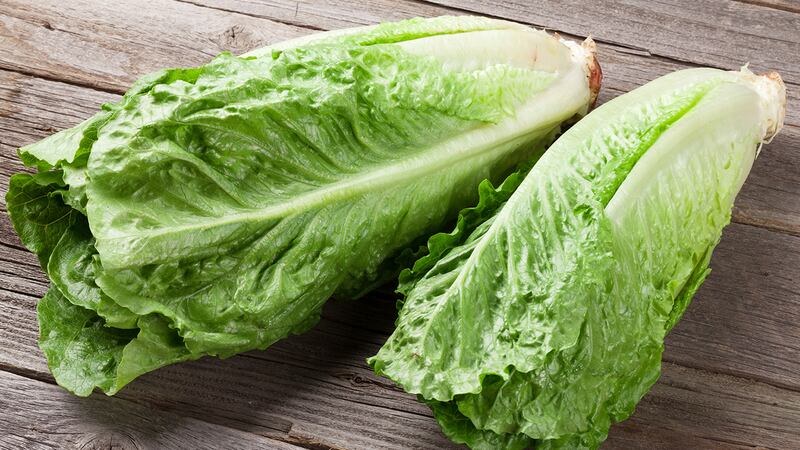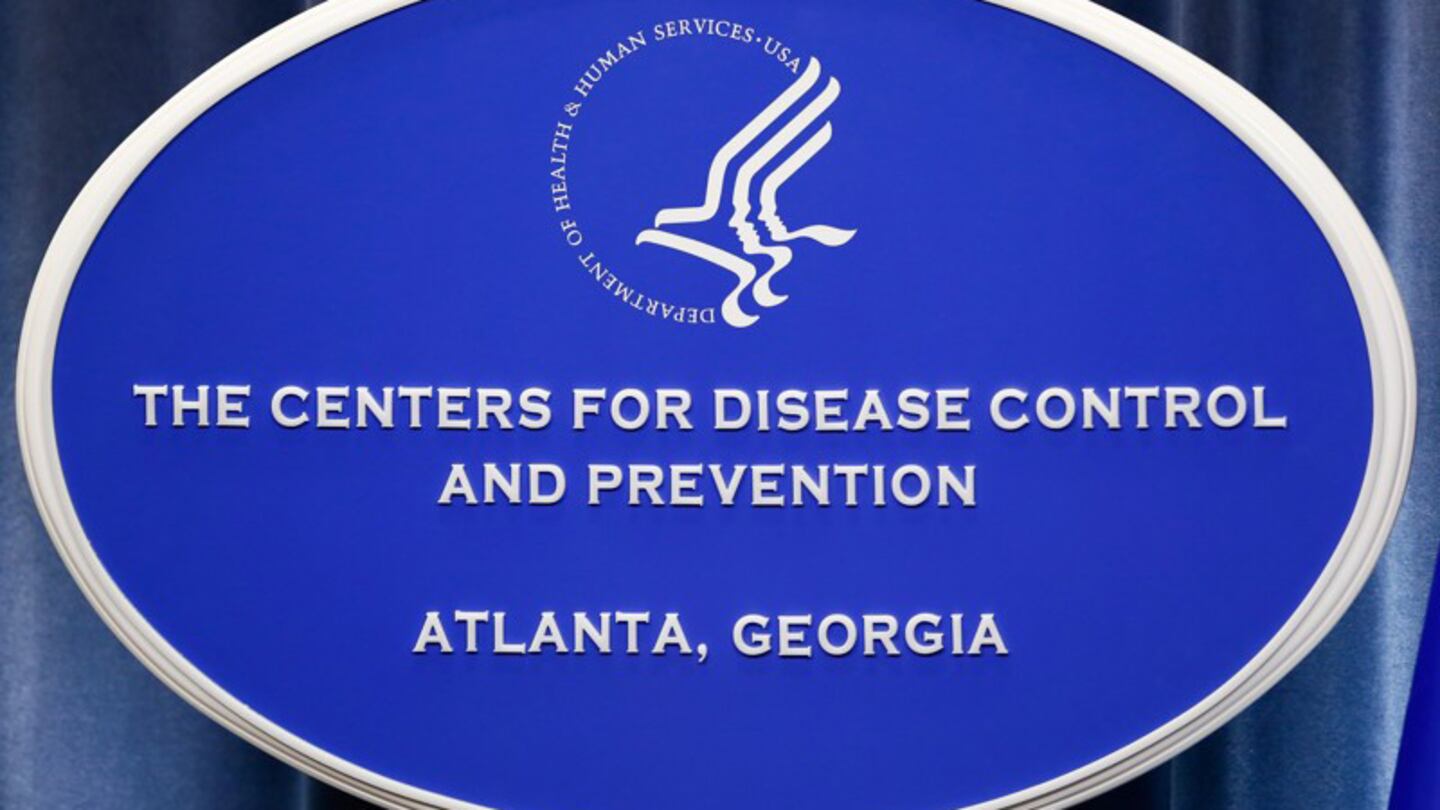The Centers for Disease Control and Prevention have linked store-bought chopped romaine lettuce from a growing area in Yuma, Arizona, to an E.coli outbreak that has sickened dozens of people in 11 states, the agency reported Friday.
Twenty-two people have been hospitalized, including three who developed a type of kidney failure, according to the CDC.
The states impacted include: Washington, Idaho, Missouri, Illinois, Michigan, Ohio, Pennsylvania, Virginia, New York, New Jersey and Connecticut.
TRENDING NOW:
- Florida murder suspect dead after police chase, shooting on I-70
- School bans homework in favor of family time
- Century III Mall going up for sheriff's sale
- VIDEO: 'Tell my mom that I love her if I die,' teen pleads as van seat fatally crushes him
No deaths related to the outbreak have been reported.
The agency has not yet identified the grower or a common brand, yet, and is urging people not to eat chopped lettuce from the Yuma area.
Symptoms of an E. coli infection vary, but often include severe stomach cramps and (often bloody) diarrhea. Most people get better in five to seven days. Infections can be mild, but can also be severe and even life-threatening.
If you think you have E. coli, the CDC says to talk to your health care provider or public health department and write down what you ate in the week before you get sick.
People started reporting illnesses that are part of the outbreak between March 22 and March 31.
DNA fingerprinting is being used to identify illnesses that are part of the same outbreak. Some people might not be included in the CDC's case count if officials weren't able to get bacteria strains needed for DNA fingerprinting to link them to the outbreak.
To reduce your risk of an E. coli infection, you can:
- Wash your hands. Wash hands after using the restroom or changing diapers, before and after preparing or eating food, and after contact with animals.
- Cook meats thoroughly to kill harmful germs.
- Thoroughly wash hands, counters, cutting boards, and utensils after they touch raw meat.
- Wash fruits and vegetables before eating.
- Avoid raw milk, other unpasteurized dairy products, and unpasteurized juices.
- Don't prepare food or drink for others when you are sick.
Cox Media Group








